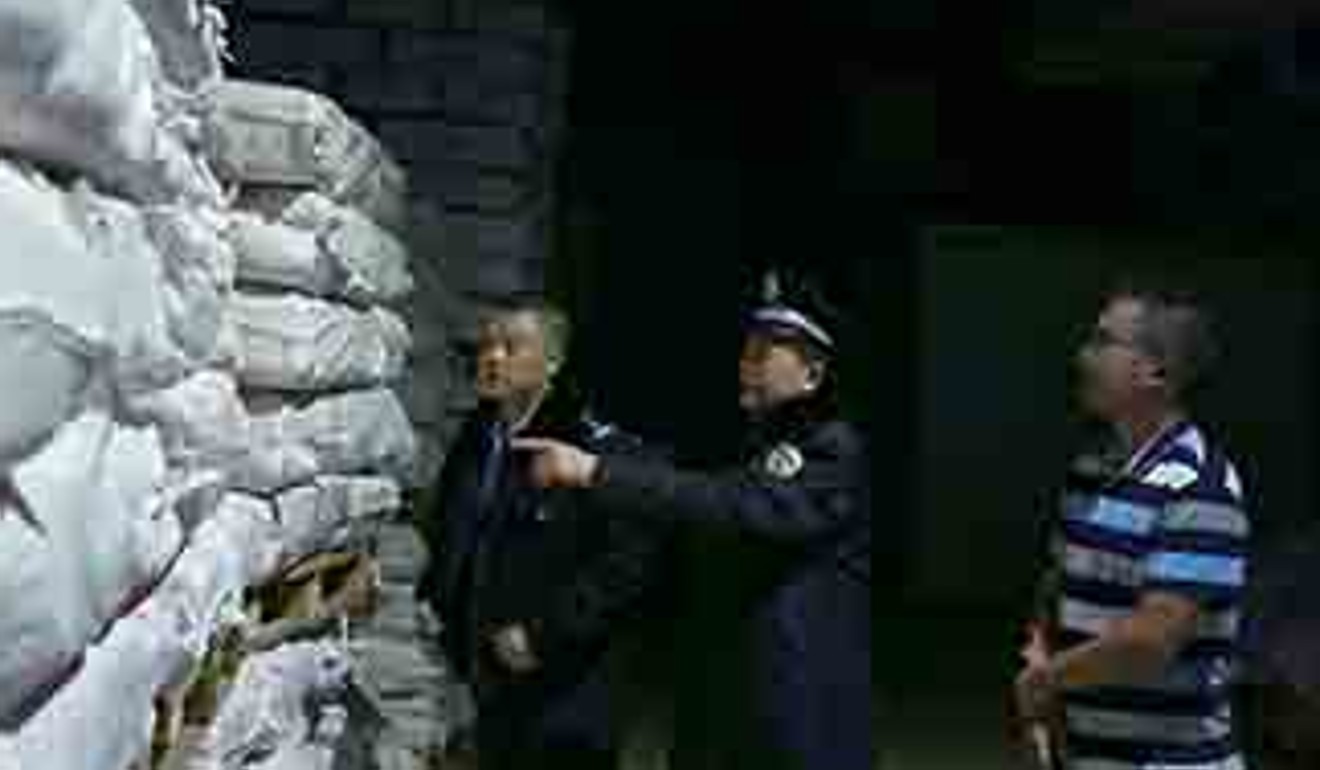Officials in southwest China have seized hundreds of kilograms of expired meat and unlabelled fish as part of a food safety crackdown, local media reported.
One business at a frozen market in Chongqing was found to have 200kg (440lb) of Australian beef – enough to make around 2,000 hamburgers – that was four months past its expiry date.
The owner of the stock vehemently denied selling any expired meat.
“Oh come on, I don’t usually come over here, and just forgot to move it,” he told law enforcement officers. “I just forgot to ship it out and destroy it. I have never sold it to consumers.”
Local media portal CQ News, whose reporter accompanied inspectors on their rounds, also reported that 500kg of tilapia stored in unmarked boxes had been seized from a second business.
The business owner claimed that the original boxes had become wet when it rained as it was being transported from Fujian province and needed to be changed.
A consignment of Argentinian beef found at a third site, which lacked the proper inspection and quarantine paperwork, was still under investigation, the report added.
The confiscations were part of a surprise inspection campaign across the city.
Chinese man dies, another critical after 50 wasp stings in larvae hunt
China, the world’s second largest importer of beef, has imposed stricter safety standards in the wake of a string of safety scandals in recent years.
Before imports enter the country, foreign exporters must register online with the country’s supervision, inspection and quarantine agency, and ensure products meet a strict set of requirements – which range from the age of the cattle to the limitations on growth hormones.
On the other side, importers must be able to present full documentation of their sourcing and that their products underwent the centrally regulated quarantine periods and border inspection.
These regulations, many of which also apply to domestic producers, follow recurring scandals, at times involving imported meats.
One of the most infamous import scandals was the 2015 “zombie meats” case, when the authorities seized 100,000 tonnes of expired frozen meat.
Some of that meat was up to 40 years old, according to a report by state news agency Xinhua, although customs authorities insisted none of it was that old.
China slaughters 38,000 pigs to stop spread of swine fever
An international task force was assembled to investigate the tainted supply chain.
China briefly suspended all Brazilian meat imports last year after it was revealed that the country, responsible for 31 per cent of China’s beef imports, had been exporting rotten meat.
In 2016 10 people were jailed for selling expired meat to McDonald’s and in 2013 a crime ring that disguised 20,000 tonnes of fox, mink and rat meat as mutton was broken up.
Last week inspectors visited 35 frozen warehouses in Chongqing as part of a food and public safety initiative to ensure that the municipality's meat vendors are meeting national safety standards, local media reported.
https://www.scmp.com/news/china/society/article/2163065/chinese-officials-seize-hundreds-kilos-expired-meat-andBagikan Berita Ini

















0 Response to "Chinese officials seize hundreds of kilos of expired meat and unlabelled fish in latest food safety crackdown"
Post a Comment